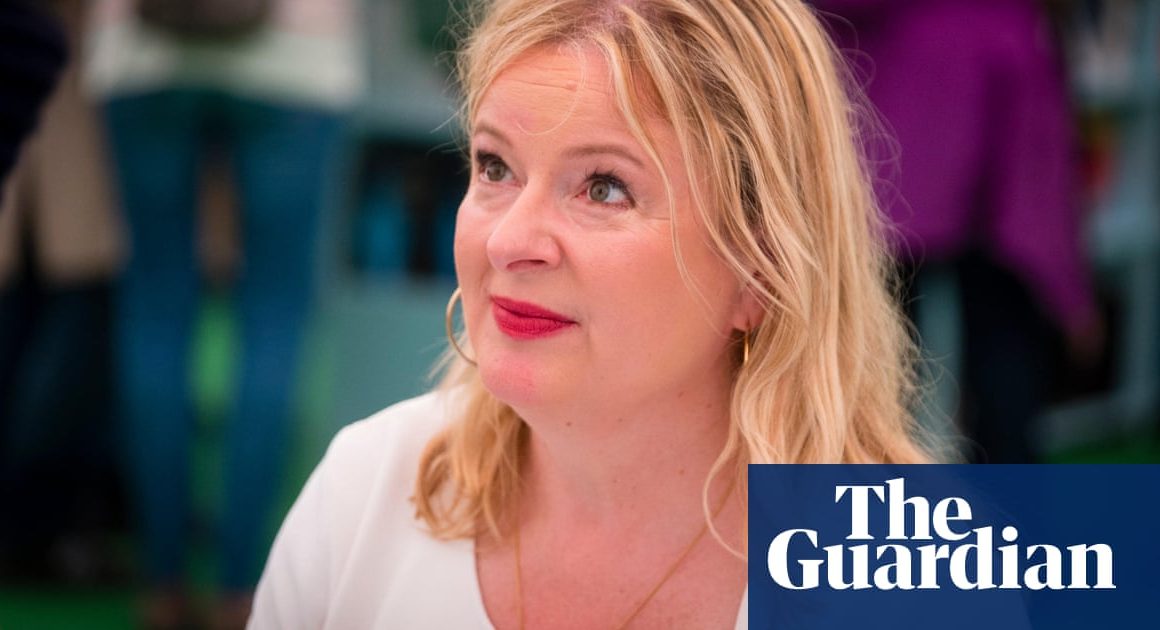Millions of vulnerable people face a “cruel winter” owing to a combination of rising energy costs and government cuts to welfare schemes, Labour MPs and campaigners have warned, as Keir Starmer comes under pressure to extend key financial support programmes.
Labour backbenchers are calling on the prime minister to reverse or mitigate the government’s decision to end winter fuel payments for millions of pensioners and to extend the household support fund (HSF), which is due to run out in September.
They warn that thousands of people could die because of the cold this winter without those schemes, with fuel prices expected to rise by an average of 10%.
The HSF was introduced in 2021 after the £20-a-week Covid increase to universal credit was withdrawn, and has become a vital source of emergency support for households in crisis.
Rachael Maskell, the Labour MP for York Central, said: “There is real concern about the levels of poverty in communities like York. People can’t afford to get through the week, and without the additional protection of things like the household support fund, I don’t know how some people are going to get through the winter.
“The regulation to end universal winter fuel payments will be brought in by September 16. That is no time to prepare for what could be a cruel winter for very vulnerable people.
“I commend the government for trying to get us out of this financial black hole, but we have an immediate crisis before us … We should not accept anyone dying in 2024 because their homes are cold.”
Clive Betts, the MP for Sheffield South East, said: “Dealing with issues of poverty ought to be an absolute priority for the government. Helping the poorest in our community to keep warm during winter has to be something the government is able to do.”
The comments reflect a growing concern on the Labour benches and among some economists that the government is so consumed with trying to bring down the public spending deficit that it is pushing people into poverty.
The refusal to end the two-child benefit cap – which the Guardian revealed this week is unlikely to be lifted at next month’s budget – has already prompted a rebellion of seven Labour MPs.
Now others are raising the alarm about the end of universal winter fuel payments, which are worth up to £300 a year for each household, and the possible end of the £1bn HSF, which helps councils support the most vulnerable people.
Reeves announced last month that only those who are eligible for pension credit would get the winter fuel payments, bringing them to an end for about 10 million pensioners.
The move has caused deep unhappiness among Labour MPs. Maskell said: “It’s the wrong measure. It wasn’t in the manifesto, it hasn’t been debated.” One unnamed Labour MP told the New Statesman this week the decision was “almost suicidal”.
That unhappiness was exacerbated on Friday by the decision by the energy regulator Ofgem to increase the energy price cap by £149 to £1,717 a year.
Derek Lickorish, the chair of the energy supplier Utilita, told the BBC on Friday more pensioners would be pushed into fuel poverty this winter. “There will be an awful lot of pensioners who’ll fall through the cracks and they’ll be making that choice between heating or eating,” he said.
Many are also warning about the impact of not extending the £1bn HSF, a Covid-era support scheme for local authorities.
Many food banks depend on HSF grants to maintain food stock levels, though some worry the cash helps normalise charity responses to welfare state failures.
Despite this, Reeves has named the HSF one of a number of “unfunded” commitments made by the previous government that would come under Treasury scrutiny.
Pete Marland, the Labour chair of the Local Government Association’s economy and resources board, said: “Many at-risk households continue to face considerable challenges and councils are deeply concerned that withdrawing the fund will result in a cliff-edge fall-off in support, just as demand is expected to peak during winter.”
Clive Lewis, the MP for Norwich South, this week wrote to Reeves calling on her to extend the HSF beyond September. He said in his letter: “In Norwich, three in 10 children are already living in poverty. Should the household support fund end, this number would increase significantly.”
Betts, who chaired the local government committee in the last parliament, added: “We need to find a way of keeping the HFS going. It is really important for local authorities, and if it disappears that’s another way the poorest people won’t get help.”
Sam Tims, a senior economist at the New Economics Foundation, said: “The new government is aware of how bad things are, but its response in policy doesn’t appear to be commensurate to the scale of the problem facing low-income households.”
A government spokesperson said: “This government will tackle the scar of poverty by making sure work pays and improving support to help people into good work. More details on the household support fund will be set out in due course.”












